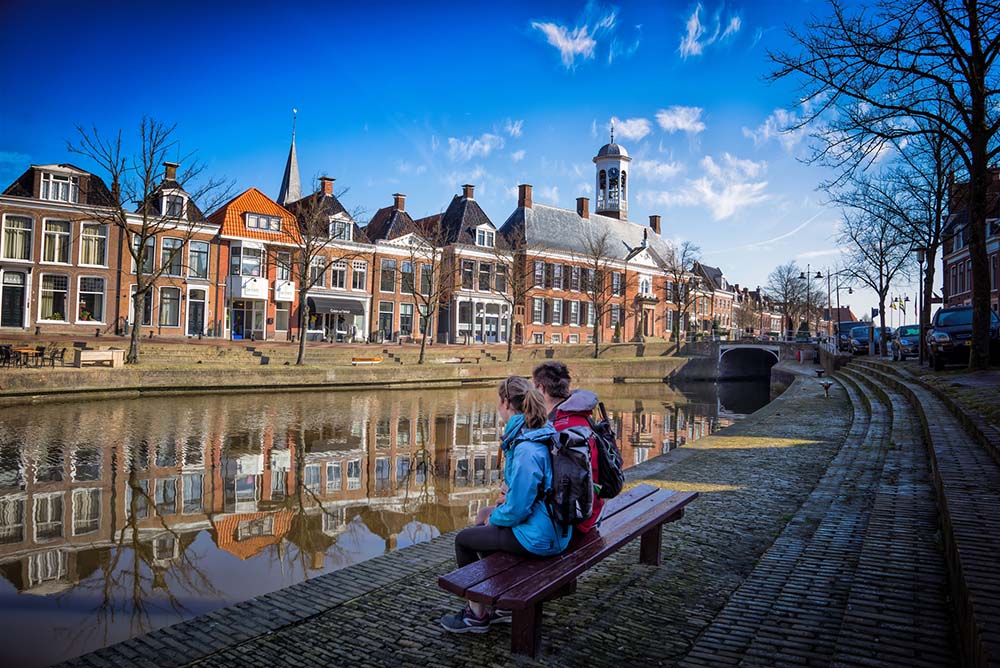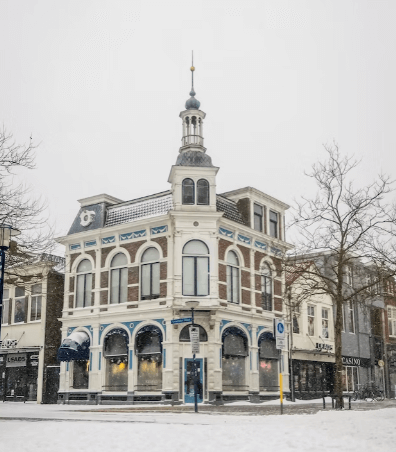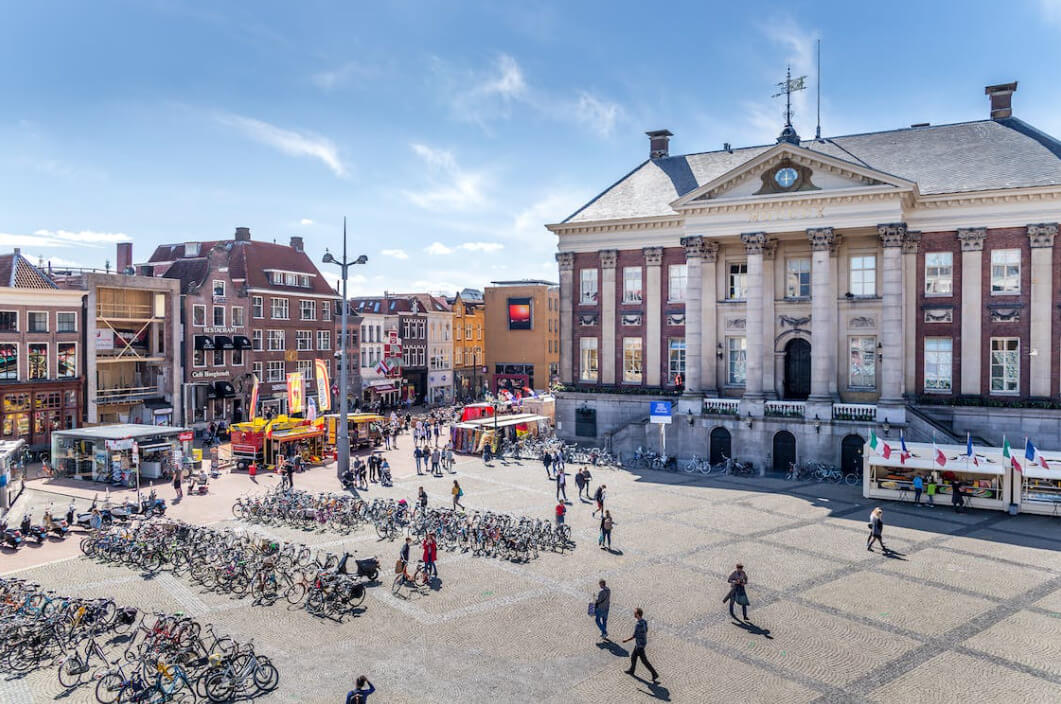Postdoc Cosmology (1.0 FTE)

We are looking for enthusiastic candidates for a postdoc position at the intersection of theoretical cosmology and deep learning. You will be part of the research group of Assistant Prof. Daan Meerburg, who is a member of the the van Swinderen Institute (VSI) for particle physics and gravity. Within the VSI, Dr. Meerburg is part of the Cosmic Frontier, and affiliates of this frontier work on topics ranging between theoretical aspects of gravity, cosmic inflation, the cosmic cosmic microwave background, 21cm and direct dark matter detection.
The position is funded by the NWO-ENW project: Exploring the non-Gaussian 21cm Universe with Artificial Intelligence. This project is jointly lead by Dr. Meerburg (PI, Groningen) and Dr. Christoph Weniger (co-PI, Amsterdam). The project has funding for a postdoc (up to 4 years) and a PhD student. The main focus of this position will be at the interplay between theoretical 21cm cosmology and machine learning. While the postdoc will be stationed at the RUG, it is expected that there will be frequent collaboration meetings between Amsterdam and Groningen, both online and on site. The PhD student will be stationed at the University of Amsterdam. It is expected that the postdoc will be involved in the supervision of this student. You can find further information here: https://vacatures.uva.nl/UvA/job/PhD-position-on-theoretical-cosmology-and-deep-learning/786931102/.
Meerburg’s group currently consists of 3 PhD students and several MSc students. It is likely the group will expand with one or two additional PhD students before September 1st. While this project focusses on theoretical 21cm cosmology and machine learning, Meerburg is closely involved in several experiments, both in 21cm (REACH) as well as the cosmic microwave background (Simons Observatory, CCAT-FYST). Depending on the postdocs interests, it is possible for the candidate to become involved in these experiments. Meerburg’s group also has collaborations with members of the nearby Kapteyn Institute and is involved in the Fundamentals of the Universe Program.
Organisation
Founded in 1614, the University of Groningen enjoys an excellent international reputation as a dynamic and innovative institution of higher education offering high-quality teaching and research. Flexible study programmes and academic career opportunities in a wide variety of disciplines encourage the 31,000 students and researchers alike to develop their own individual talents. As one of the best research institutions in Europe, the University of Groningen has joined forces with other top universities and networks worldwide to become a truly global centre of knowledge, situated in the vibrant city of Groningen in the north of The Netherlands.






